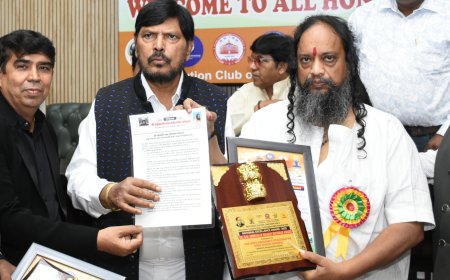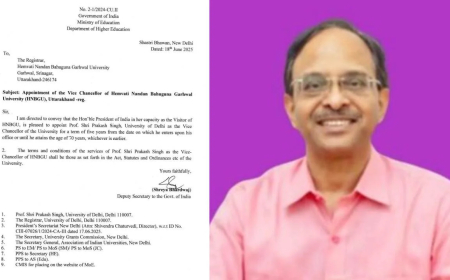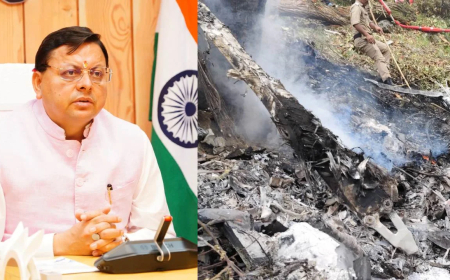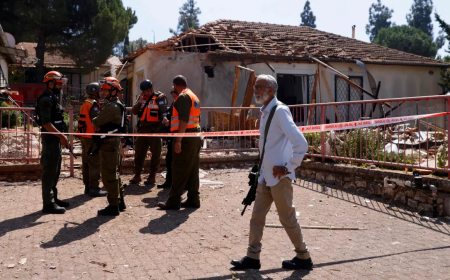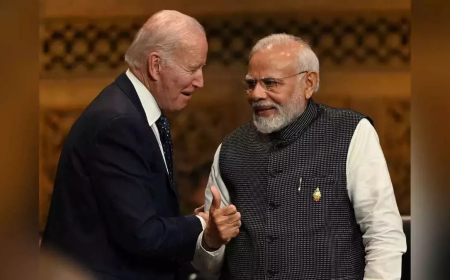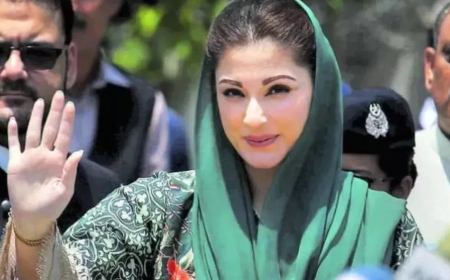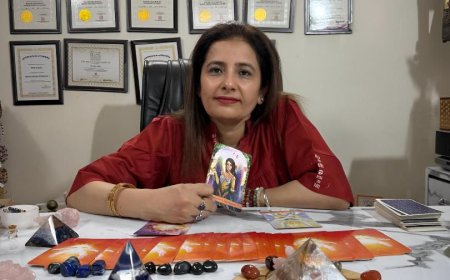Finding Inner Peace in a Chaotic World: The Importance of Spirituality
In today's fast-paced world, spirituality plays a vital role in helping individuals find balance and meaning. This article explores the significance of spirituality in modern life, its benefits, and how it can be incorporated into daily living. By embracing spirituality, individuals can cultivate a deeper sense of purpose and fulfillment.
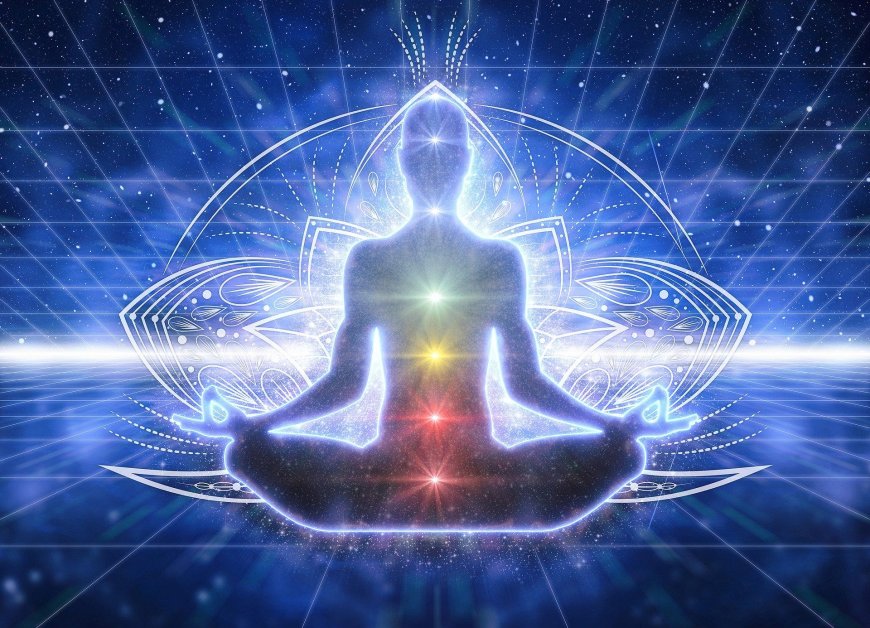
In today's fast-paced, technology-driven world, it's easy to get caught up in the hustle and bustle of daily life and forget about the things that truly matter. We're often so focused on our careers, relationships, and material possessions that we neglect our spiritual well-being. However, spirituality plays a vital role in modern life, and its importance cannot be overstated.
Spirituality is a broad term that encompasses a range of practices, beliefs, and experiences that help us connect with something greater than ourselves. It's about cultivating a sense of meaning, purpose, and belonging, and finding ways to live a more authentic, compassionate, and fulfilling life. Whether we're aware of it or not, spirituality is an integral part of our lives, influencing our values, attitudes, and behaviors in profound ways.
One of the key benefits of spirituality is its ability to promote inner peace and calm in the midst of chaos. In a world that's increasingly complex and unpredictable, it's easy to feel overwhelmed, anxious, and uncertain about the future. Spirituality offers a sense of stability and grounding, helping us to stay centered and focused, even in the face of adversity. By cultivating a spiritual practice, such as meditation, yoga, or prayer, we can learn to quiet the mind, listen to our hearts, and trust in a higher power.
Spirituality also plays a critical role in personal growth and development. By exploring our spiritual nature, we can gain a deeper understanding of ourselves and the world around us. We can develop a greater sense of self-awareness, recognizing our strengths, weaknesses, and areas for improvement. We can also cultivate emotional intelligence, learning to navigate our emotions, empathize with others, and build stronger, more meaningful relationships. Through spiritual practices such as journaling, reflection, and mindfulness, we can develop a greater sense of purpose and direction, and make more intentional choices about how we want to live our lives.
In addition to its individual benefits, spirituality also has a profound impact on our collective well-being. When we're connected to something greater than ourselves, we're more likely to feel a sense of responsibility to others, to the planet, and to future generations. We're more likely to care about social justice, environmental sustainability, and human rights, and to take action to make a positive difference in the world. Spirituality can inspire us to become more compassionate, empathetic, and altruistic, and to work towards creating a more just, equitable, and peaceful world.
Despite its many benefits, spirituality is often misunderstood or marginalized in modern society. Many people view spirituality as something separate from everyday life, something that's only relevant in times of crisis or need. However, spirituality is not just a Band-Aid solution for life's problems; it's a way of living, a way of being in the world that's grounded in a deep sense of connection, meaning, and purpose.
In recent years, there's been a growing interest in spirituality, particularly among younger generations. Many people are seeking a more authentic, holistic approach to life, one that integrates body, mind, and spirit. They're looking for ways to cultivate a sense of community, connection, and belonging, and to find meaning and purpose in a postmodern world. This shift towards spirituality is reflected in the growing popularity of mindfulness, meditation, and yoga, as well as the increasing interest in alternative forms of spirituality, such as paganism, shamanism, and energy healing.
One of the key challenges of modern spirituality is navigating the complexities of a rapidly changing world. We're living in a time of great uncertainty, where traditional institutions and belief systems are being questioned and reevaluated. Many people are feeling disoriented, disconnected, and unsure about how to find their place in the world. Spirituality can offer a sense of anchorage and stability, but it can also be challenging to navigate the many different spiritual paths and traditions that are available.
To cultivate a deeper sense of spirituality, it's essential to explore different practices and traditions, and to find what resonates with us. This might involve trying out different forms of meditation, such as loving-kindness meditation or transcendental meditation. It might involve exploring different spiritual texts, such as the Bible, the Quran, or the Bhagavad Gita. It might involve connecting with nature, and finding ways to live a more sustainable, eco-friendly lifestyle. Whatever path we choose, the key is to approach it with an open mind, a willingness to learn, and a commitment to growth and self-discovery.
Another important aspect of modern spirituality is the role of community and connection. In a world that's increasingly digital and isolated, it's easy to feel disconnected from others and from the world around us. Spirituality can offer a sense of belonging and connection, whether it's through joining a spiritual community, attending workshops and retreats, or participating in online forums and social media groups.









